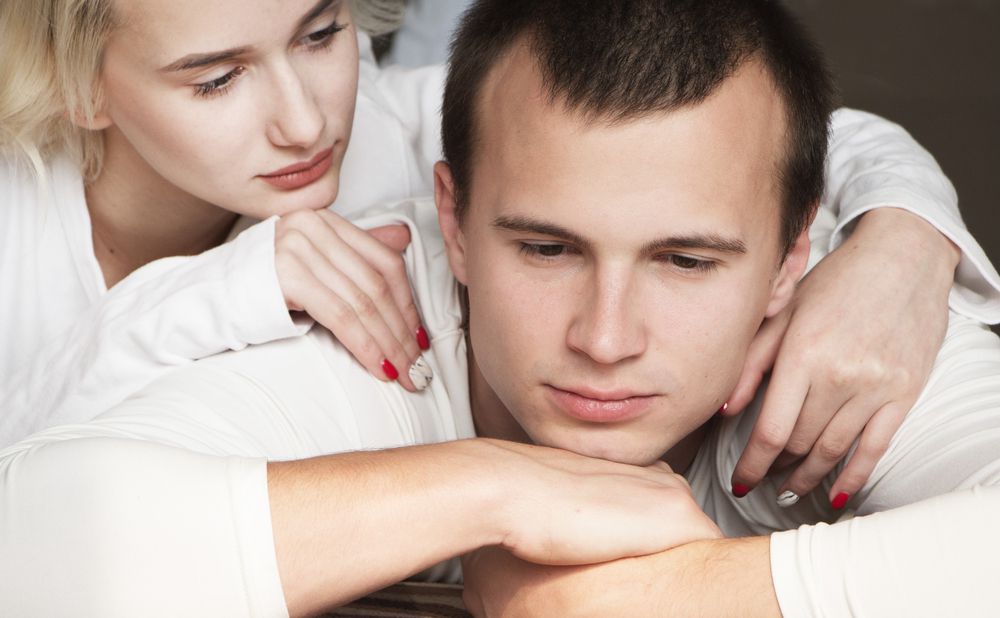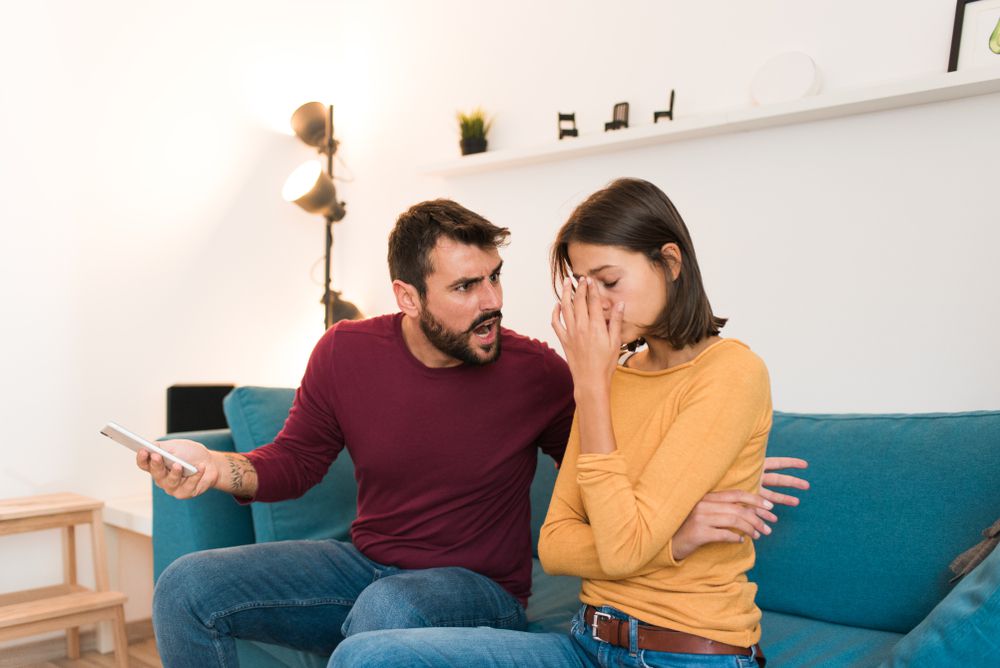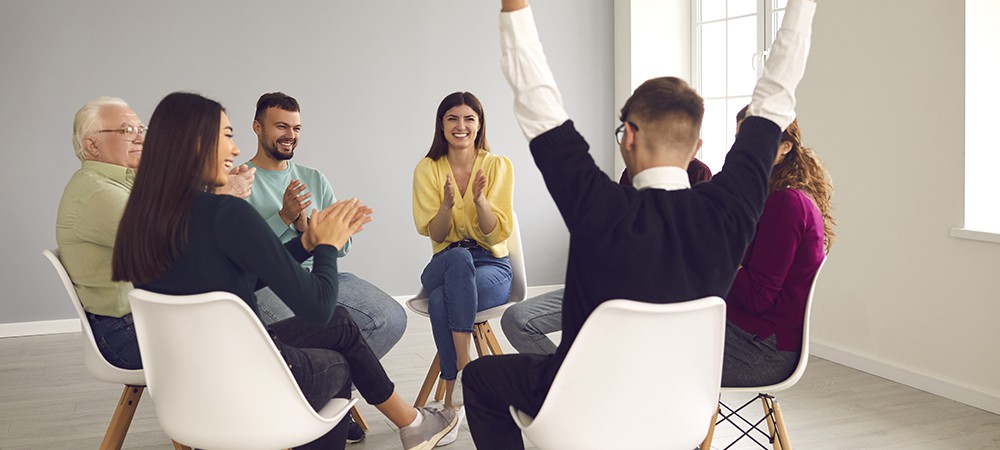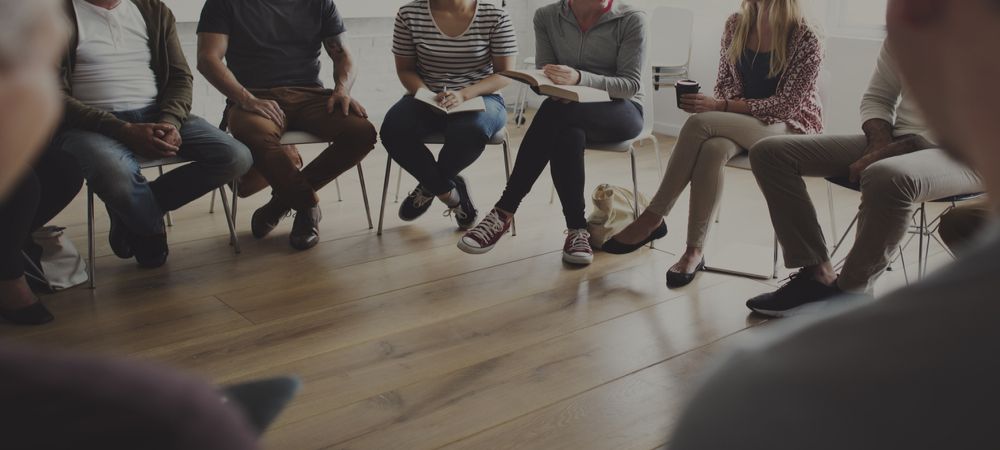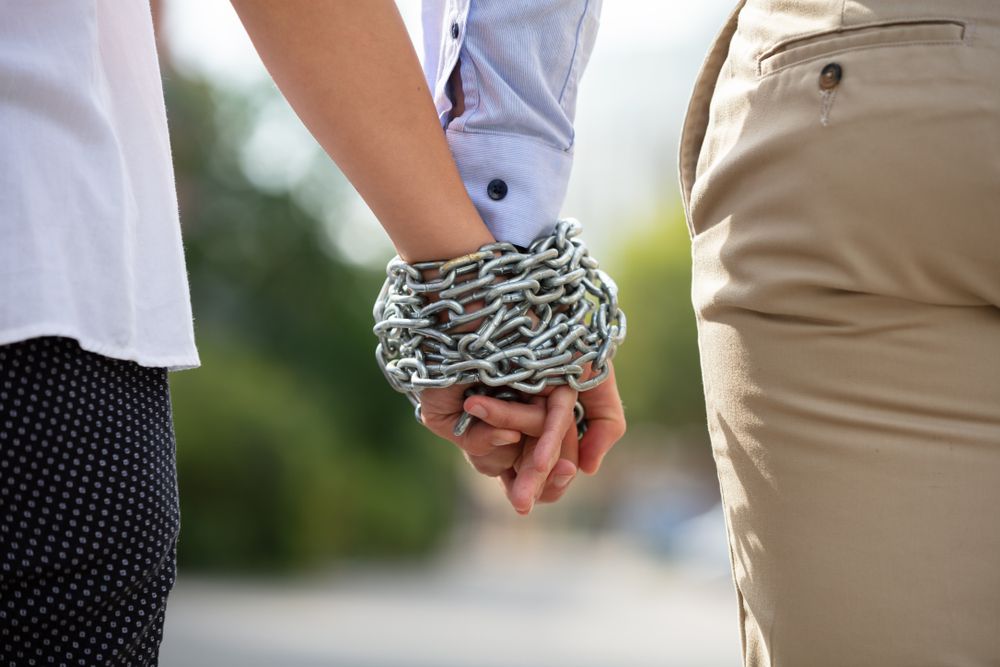
How to Prevent Codependency
Learning the basics of how to prevent codependency is not a day’s job. However, despite this complexity, the results that come with preventing codependency are well worth it.
Addiction is a ravaging cancer. It keeps eating but is never satisfied. For starters, it can destroy the affected individual. However, there’s more to it. Directly and indirectly, it affects the relationships they share with friends and family.
Many times, the people that are closest to these addicts confuse love and pity. Because of the magnitude of their love, they often allow themselves to be unintentionally taken advantage of. Learn how to prevent codependency today, and save yourself, your relationship, and your addicted loved one.
There is a fragile line between journeying with your loved ones through their addiction recovery and developing a codependent relationship with them. You may be oblivious of the fact that you’re in the process of forming one right now. It’s why, among other things, we will show you some markers to know that you’re in a dangerous zone with your addicted loved one.
What is Codependency?
To know how to prevent codependency, it is crucial to know what codependency is. In a relationship with loved ones, the behaviour one person has that tends to promote a refusal to change a bad habit in the other is known as codependency.
Wikipedia has one of the best definitions around. It defines codependency as a behavioural condition in a relationship where one person enables another person’s addiction, poor mental health, immaturity, irresponsibility, or under-achievement. Now, of course, it makes more sense contextually when you view it through the lens of addiction.
Putting codependency this way makes it seem like such a bad thing. But that’s exactly what it is! It, however, never feels like that in the heat of the moment.
“I’m not doing a bad thing. I’m only so in love with him that I’m willing to let him walk all over me, again and again. He will change when he sees love and tolerance first-hand. I can change him. It’s my duty to.”
Nothing could be more untrue!
At this juncture, it is imperative to say that codependent behaviour is as toxic as addiction itself!
Codependent behaviour heralds a false sense of ‘okay-ness’. It does a good job of keeping an addict in a comfort zone since they believe their habits have become tolerable. Without constantly reminding a person of the nature of their behaviours, you place zero demands on them to change.
There are only two ways to care for an addict: Healthy caregiving and codependent caretaking. For very obvious reasons, we strongly suggest the former.
Here are some of the common types of codependent behaviour:
- A dangerously exaggerated sense of responsibility for the actions of others.
- Exaggerated importance of a relationship in your life. This births a parasitic and unhealthy attachment, with an accompanying fear of abandonment.
- A common delusion that love is synonymous to pity.
- A giant need for recognition and approval.
- An overwhelming sense of guilt upon self-assessment.
- A generally narcissistic behaviour that makes a person believe they can control and change others. They generally don’t believe that this is the job of addiction rehabs.
- A problem of indecision
- A tendency to hurt yourself upon discovering your efforts are neither noticed, nor appreciated.
- An inability to bring yourself into the place of trusting others – a mild form of paranoia.
Related article: Tips to Help You Prevent a Prescription Drug Addiction
What is Enabling Behaviour?
It’s best to think of an enabling behaviour as the firstborn child of codependency. If you are going to learn how to prevent codependency, you should be wary of enabling behaviour.
It goes a step further from being taken advantage of. In fact, it escalates into actually encouraging or helping the addict to sustain his helpless drug use.
Enabling behaviour may be as mild, and indirect as covering up for these loved ones in the community. Perhaps by lying for them or giving excuses for their actions. Or it may be as serious, and direct as giving them money to buy the drugs that are ruining their lives.
PS: If a person has an addiction problem, it should be made known to all who care to know. Trying to hide it will only be doing yourself and the person a disservice.
Enablers always find themselves protecting their addicted loved ones from the consequences of whatever actions they take. They’d rather bear the brunt than expose them to the reality and gravity of what they’ve done.
Sweet as that may sound, it only offers negative results. If there’s anything an addict needs, it is the ability to learn from the consequences of his mistakes, mature, and grow. You seize this ability from them as an enabler.
Examples of enabling behaviours
We must review some behavioural traits and actions that may either directly or indirectly foster addiction in your loved one. You just may be guilty.
- Telling lies on behalf of a user.
- Choosing to believe an addict’s excuses for using.
- Offering any form of financial support as regards drug abuse.
- Cleaning up a user’s mess after they get wasted.
- Paying bail when they wind up in the police station.
How to Prevent Codependency
Ignorance is an inky blackness; knowledge is a perpetual light. In the name of love, you may have reinforced a loved one’s addiction. It’s a common error many people make out of ignorance.
And it’s okay. We don’t expect you to drown in guilt and sorrow. Effective knowledge stimulates immediate action, and that’s where we’re headed.
If you’re just about beginning one, here are some proven tips on how to prevent codependency. If you’ve been involved in a codependent relationship thus far, it’s time to stop.
You’re not Superman
Newsflash! It is impossible to do everything! No human has the power to change a fellow human. Even Superman, in all his glory and strength, didn’t possess this power.
The sooner you realize this limitation, the less stressful your life becomes. The best you can do is try.
It’s not your fault
We are products of the choices we make. If a person uses and has become an addict, it is their fault, and theirs alone! It’s not because you were not always home.
Neither is it because you were never there for him. True as those instances may be, you didn’t conceive the idea for them. And you certainly did not execute it!
If you’re not the reason for their problems, fixing it is not your job either! It’s why addiction treatment services exist.
Speak!
This remains one of the best things you can do for a loved one. Your love for a loved one with an addiction problem should drive you to tell them the truths they do not want to hear. Some of these truths are the two points above.
Chief amongst them, however, is that they need to check in to an addiction rehab where professionals will give them maximum care.
PS: As much as you want to speak the truth, endeavour to speak it with empathy.
Conclusion
The proof of codependency in our world weirdly beacons that people genuinely care for one another. There is, however, a better, more effective way to show your concern.
Recommending the professional services of an addiction treatment service is a practical step on how to prevent codependency. This absolves you of any direct contributions to their welfare. In the long run, it preserves the integrity of your relationship.
Here at 1000 Islands Addiction Rehab & Treatment Centre, we can provide you and your loved ones with expert treatment. With careful guidance and revolutionary methods, we can help you or your loved one achieve sobriety! Contact us today!
Related article: Preventing Addiction Relapse: What You Need To Do

